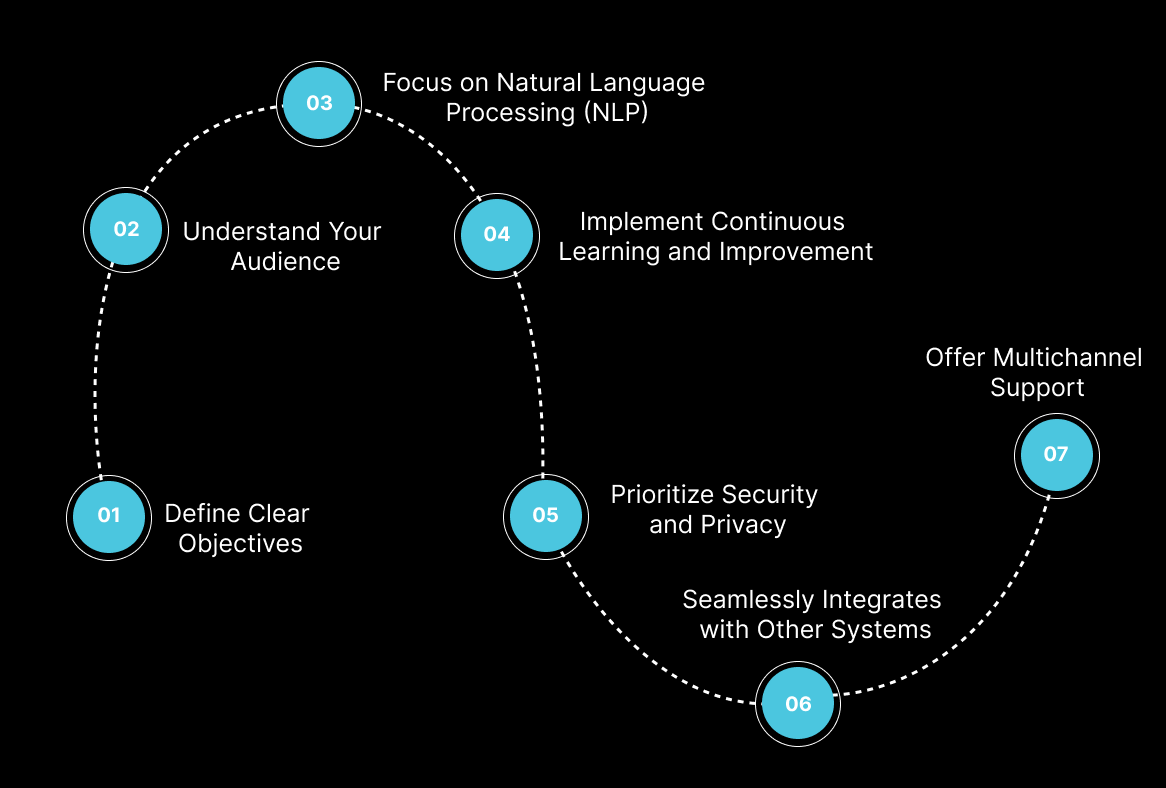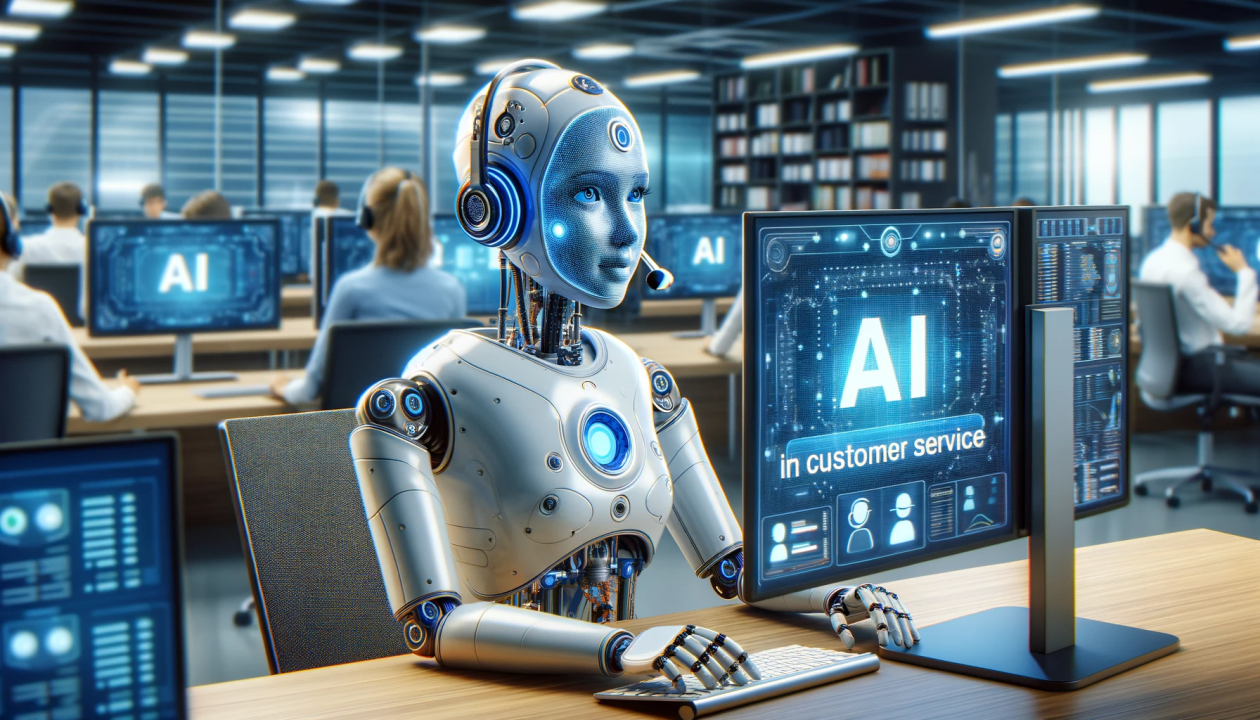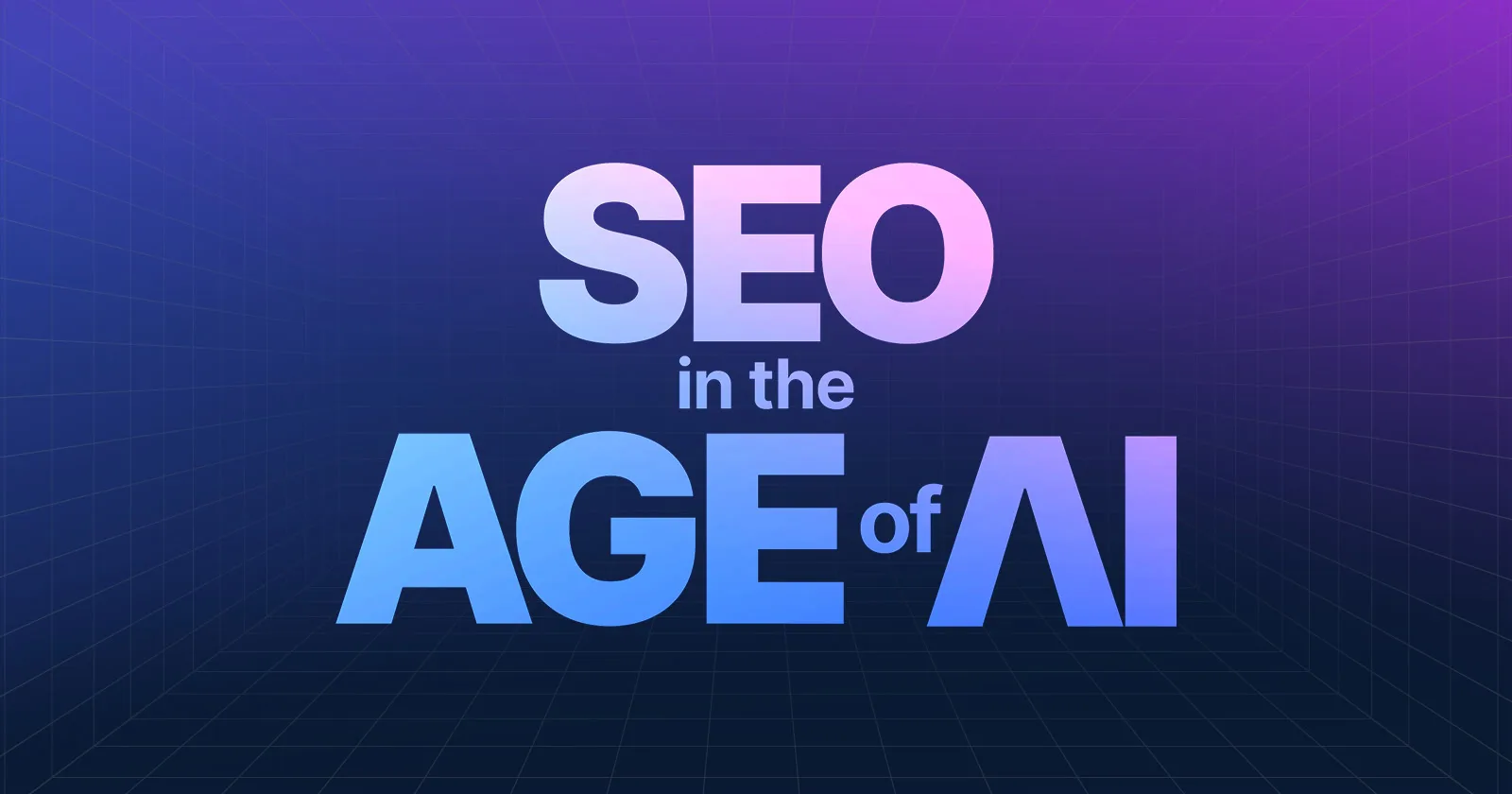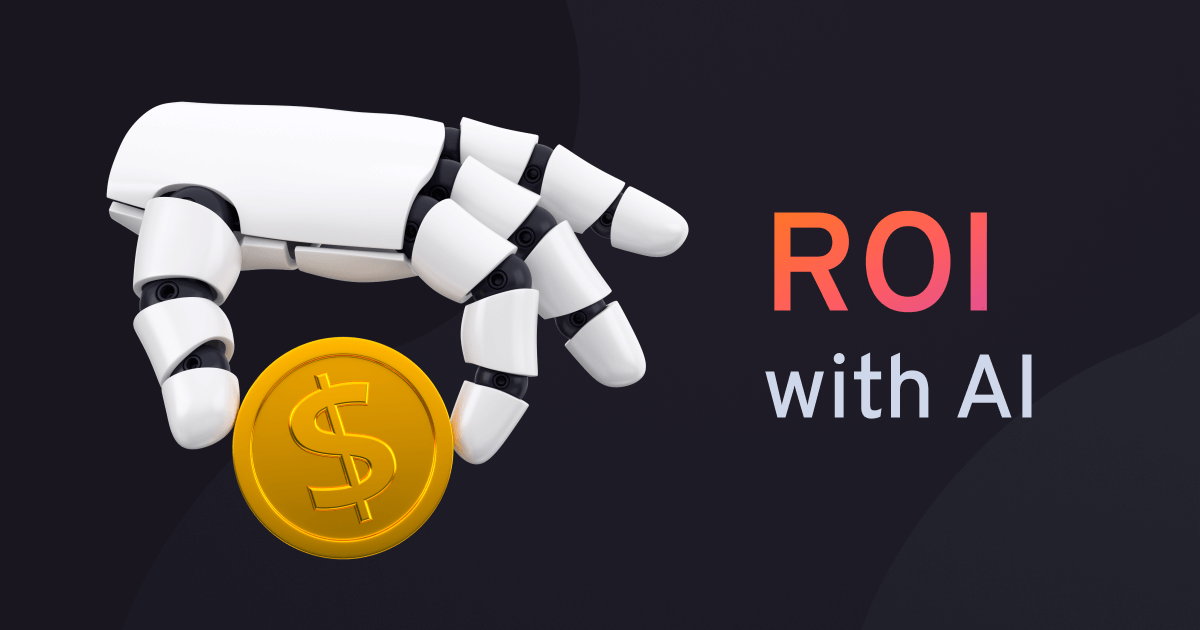AI chatbots have evolved from clunky, frustrating experiences to sophisticated tools that can genuinely enhance customer interactions. For local businesses, this technology offers an opportunity to provide responsive service around the clock without expanding staff or working longer hours.
This guide explores how local businesses—from restaurants to retail shops to service providers—can implement effective AI chatbots that complement their personal service approach rather than detract from it.
Why Local Businesses Need Chatbots
Types of Chatbots for Local Businesses
Essential Features for Local Business Chatbots
Designing Conversations That Feel Local
Implementation Strategies for Success
Conclusion
AI chatbots represent a significant opportunity for local businesses to enhance customer service, extend their availability, and free up staff time for high-value interactions. When implemented thoughtfully, chatbots don't replace the personal touch that makes local businesses special—they amplify it.
By starting with clear goals, choosing the right technology, and ensuring your chatbot reflects your unique brand voice and local knowledge, you can create a digital assistant that genuinely enhances the customer experience while delivering measurable business benefits.
Ready to explore how an AI chatbot could work for your local business? Contact us for a consultation to discuss your specific needs and opportunities.
Ready to transform your business with AI?
Our team of experts is ready to help you implement the strategies discussed in this article.
Schedule a ConsultationAlexandros Aidonis
Founder & CEO
Alexandros Aidonis is the founder and CEO of AIdonis, specializing in AI solutions for local businesses. Alex is passionate about helping small businesses leverage AI to compete with larger enterprises.




